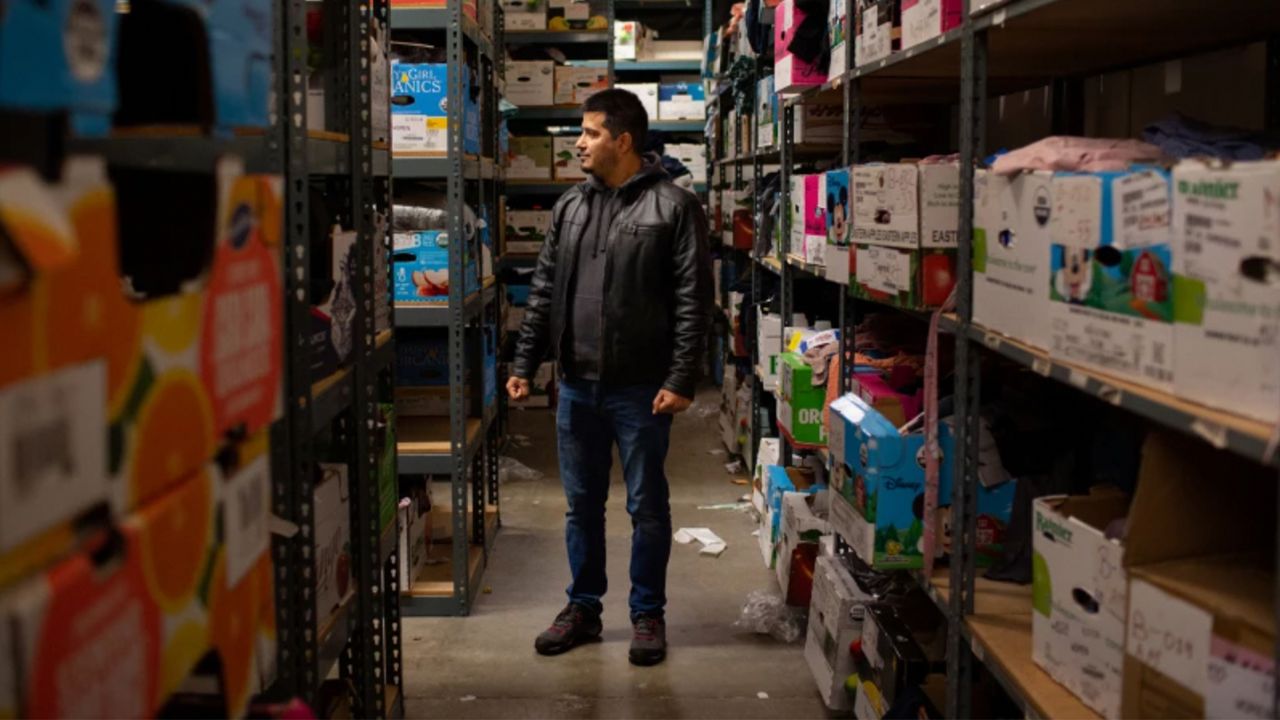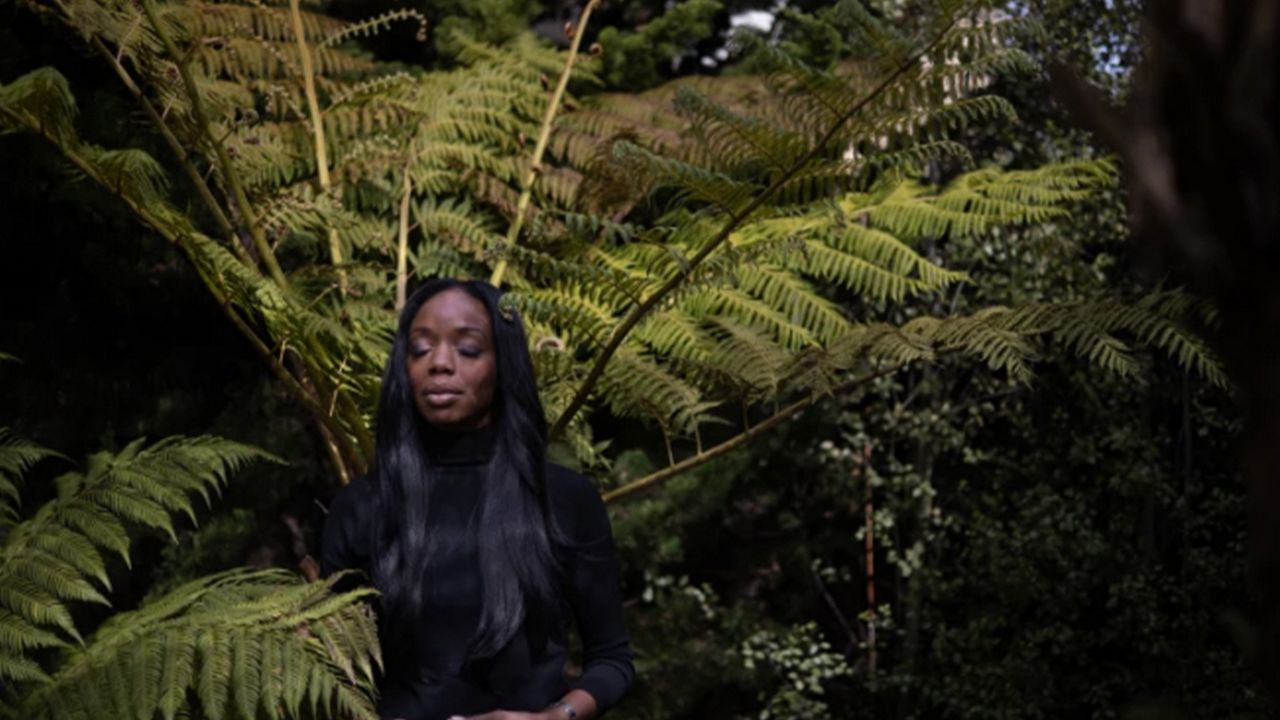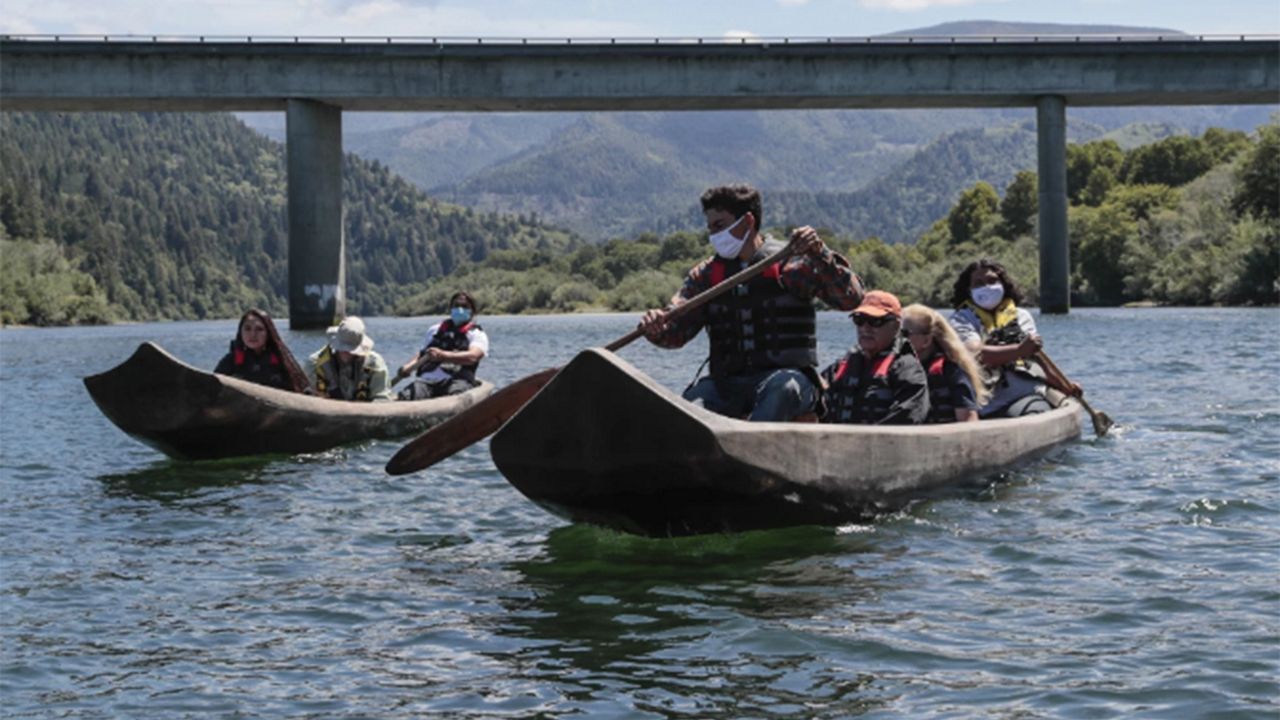After fleeing from El Salvador, Mayela Villegas a 27-year-old transgender migrant, finally reached the United States after surviving rape, kidnapping, and assault. But after defying the odds and successfully gaining entry to the U.S. — tragedy struck. L.A. Times staff writer Molly Hennessy-Fiske shared Villegas' story.
Hennessy-Fiske first met Villegas at the US-Mexico border. Then she got to know her more when she entered the U.S. legally to pursue her asylum case in Houston, Texas, where Hennessy-Fiske lives.
"I met Mayela in a border camp south of Texas in Matamoros, Mexico where several thousand people were living in these tents. Mayela had come up from El Salvador, where she had tried to claim asylum multiple times, and had been a victim of assault and kidnapping in the process of doing that —as well as a victim assaults back in San Salvador," said Hennessy-Fiske.
Villegas confided in Hennessy-Fiske and would share personal details about the struggles she faced in the border camp.
"She told me that she was threatened by a fellow migrant woman who threatened to harm her. And it was a result of that and Mayela being smart enough to record the threat and get a witness to testify to it that she was able to claim asylum in the U.S. and cross legally," added Hennessy-Fiske.
Once the U.S. granted Villegas asylum, she moved in with a relative in Houston, Texas, but it was not an easy transition.
"She was living with her aunt and some family. I had gone to see her, and she was upset because she said her family was more conservative, and they didn't accept her as transgender. They would call her by her male birth name and used the pronouns 'he' instead of 'she.' Then she told me about her plans to become a hairstylist, and she was already styling hair on the side. She also told me she wanted to buy a car and get her own place," said Hennessy-Fiske.
Villegas ended up moving out and got a roommate temporarily. She moved back with her family, and other things happened with the family that impacted her, like her mother's death that put her in a deep depression. Hennessy-Fiske tried to keep in touch with Villegas sometimes, but she also got busy covering stories in different states.
"There has been a lot of news going on with asylum, I've been talking to a lot of immigrants, and it's hard to stay in touch with some people. This year national news events took off, and she was messaging me on Facebook while I was covering protests in Minneapolis or traveling to Louisiana to cover the pandemic. So it was difficult for me to stay on top of all that," added Hennessy-Fiske.
When Hennessy-Fiske was covering Minneapolis's protests, she received a message from one of Villegas's friends saying that she had heard that she had passed away.
"Her friend didn't know the circumstances of her death and asked me if I could find out what happened. I immediately started making calls trying to reach Mayela. When I couldn't reach her, I started calling medical examiner's offices, and I was able to confirm that she had died," said Hennessy-Fiske.
"What had happened was that Mayela was driving her car with her aunt and cousin, and she stopped the car suddenly, she jumped out of her car and leaped in front of a truck, and killed herself," said Hennessy-Fiske.
For Villegas's funeral viewing, her family dressed her as a man, and that's not something she would've wanted.
"Her long hair was cut short, she wasn't wearing any make-up, and almost every time I saw her, she was not only wearing make-up but bright red lipstick. Her nails were cut short, and she was dressed in a suit, which I had never seen her wear. Her friends and sister, who I reached out to, felt like that was not who Mayela was," said Hennessy-Fiske.
If you or someone you know is showing warning signs of suicide, seek help by calling the National Suicide Prevention Lifeline at (800)-273-TALK (8255).











